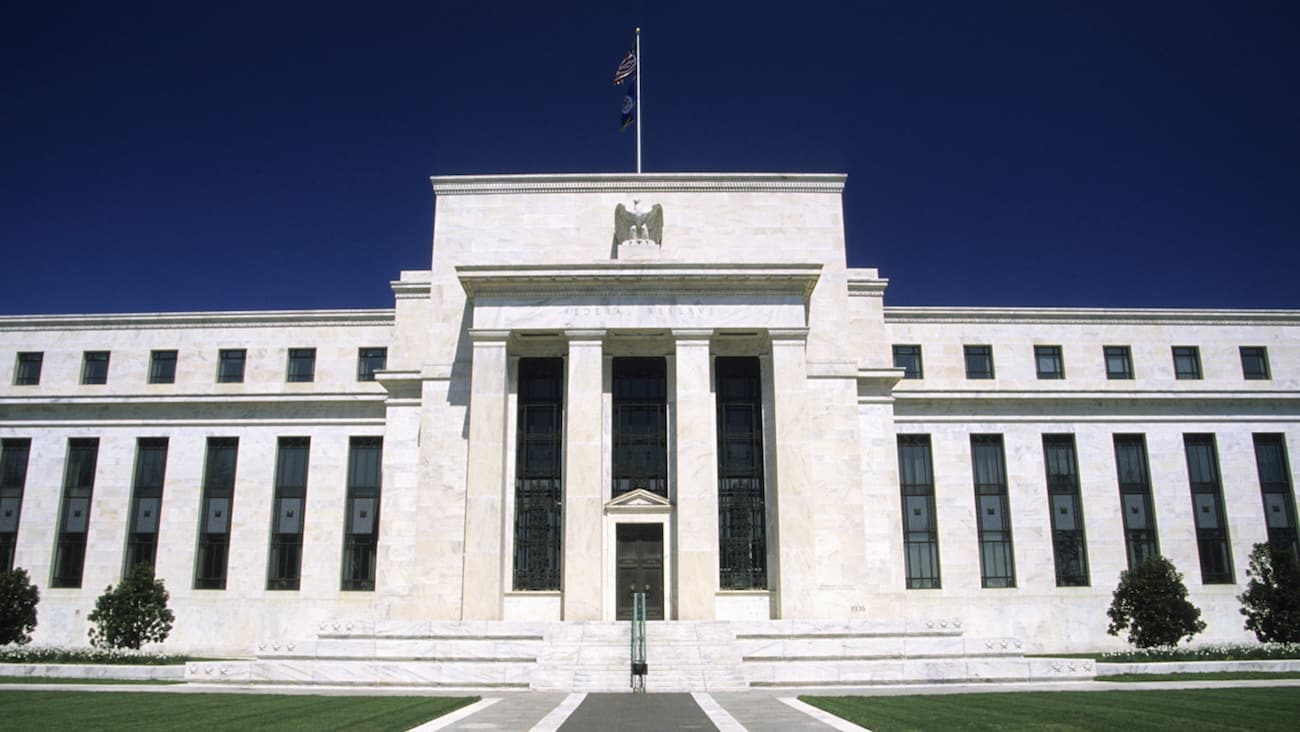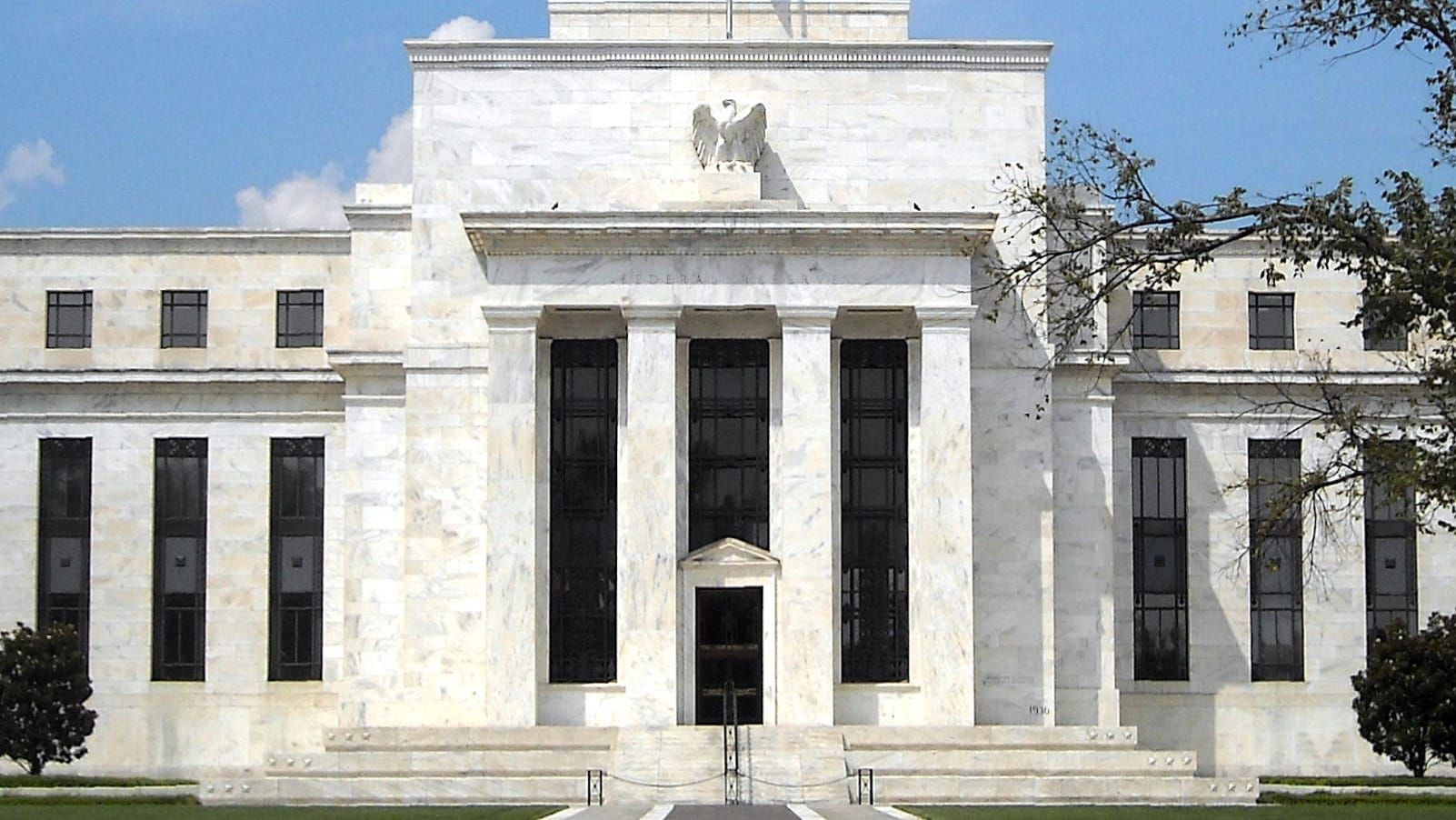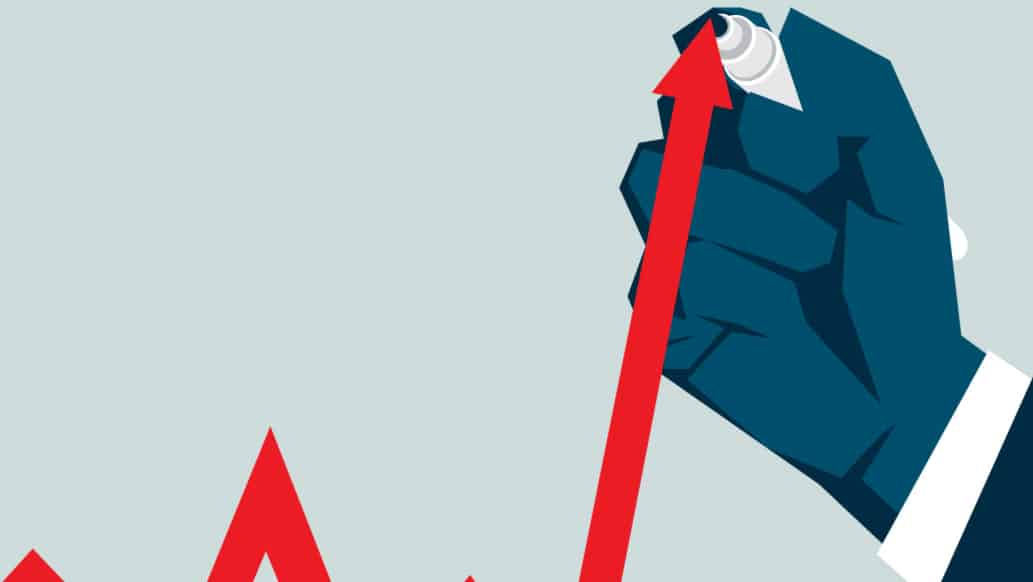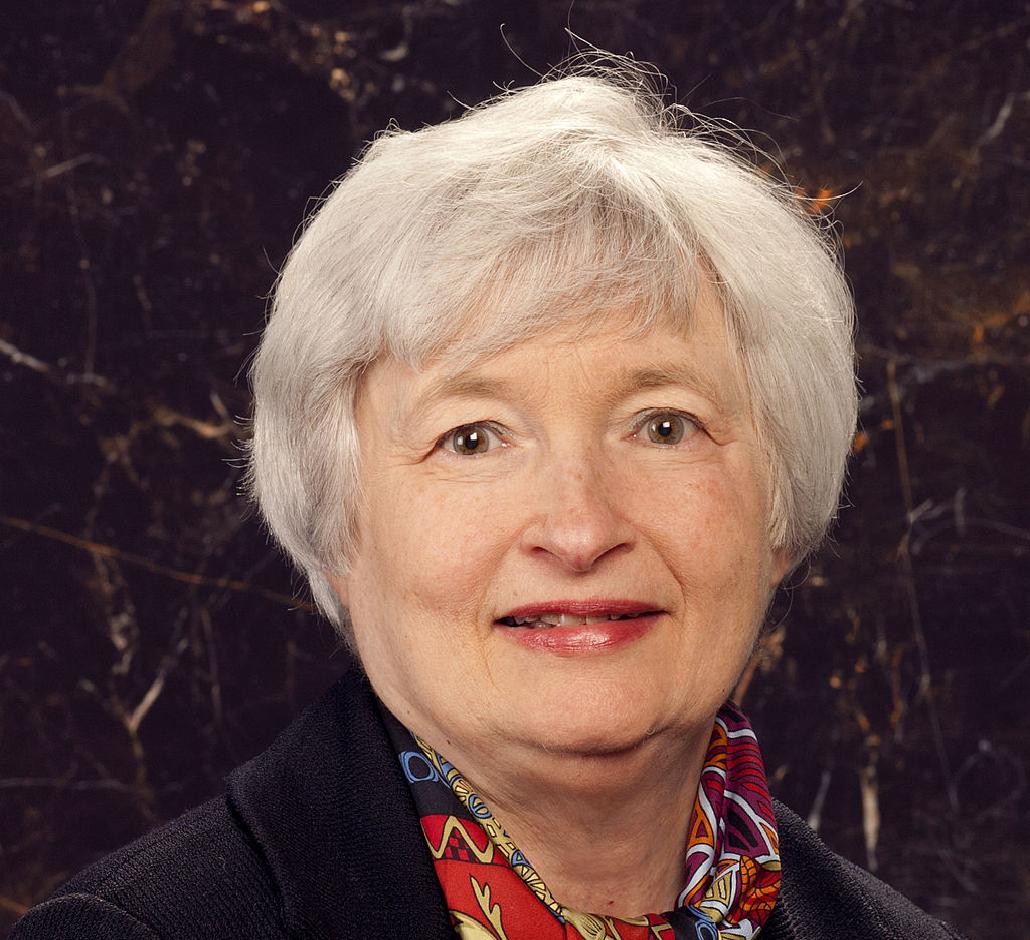As the COVID-19 catastrophe unfolded, the Federal Reserve intervened swiftly in financial markets. Many praise the Fed’s response, including its new role as the “market maker of last resort.” Others are impressed the Fed steered clear of politics during the crisis. The Fed demonstrates what an effective and independent central bank can accomplish, its defenders proclaim.
There’s just one problem: Federal Reserve independence is a myth. The vagaries of day-to-day politics very much affect what goes on at the Fed. This inescapable truth casts the Fed’s emergency policies in a very different light. Politicians with interest groups to placate are already taking advantage of the new Fed regime. Given the extraordinary expansion in the Fed’s mandate since COVID-19, we must rein in political pressure on the Fed while we still can.
Many believe the Fed has been politically independent since the 1951 Treasury-Fed Accord. But in reality, political influence has simply become less overt. Scholars of the political economy of central banking concur that the Fed is not independent. Jerry Jordan, former president and CEO of the Federal Reserve Bank of Cleveland, and William Luther, a professor at Florida Atlantic University, analyze Fed independence in a recent study. They survey several metrics of central bank independence, including the comprehensive dataset compiled by Ana Garriga, Lecturer in International Relations at the University of Essex. According to Jordan and Luther, compared to other countries, US central bank independence ranks near the bottom. Their conclusion: “The Fed is not independent—and it is not even close.”
There are several ways elected officials can pressure central bankers. First, there’s the appointment process. Members of the Fed’s Board of Governors, including the Chair and Vice-Chair, are nominated by the president and confirmed by the Senate. Politicians can pick monetary policymakers whose pre-existing views are more favorable to politicians’ goals. Second, there’s Congressional oversight. Congress has modified the Federal Reserve Act several times to suit its goals, and can credibly threaten to do so again. In addition, members of the House Committee on Financial Services or the Senate Committee on Banking, Housing, and Urban Affairs can give Fed officials a dressing-down while offering testimony.
Political interference with monetary policy is worrisome for several reasons. First, if politicians pressure the Fed to do what’s best for their electoral prospects, rather than what’s best for the country, the result can be short-run economic instability. Second, over the long-run, a Fed beholden to elected officials will likely engage in preferential credit allocation, which can dampen the efficiency of the financial system. Third, the combination of short-run monetary instability and long-run credit siphoning to politically favored causes can result in anemic economic growth.
Ever since the 2007-8 financial crisis, the threat of politically-induced money mischief has grown. Due to monetary policy innovations, the Fed’s balance sheet can now become arbitrarily large without creating inflation. If this sounds good, think again: it massively increases the scope for politicians to use the Fed as a fiscal agent. “Once the demand for reserves is satiated, there is no limit, in principle, to how big the balance sheet or volume of reserves can be,”warns Charles Plosser, former president of the Federal Reserve Bank of Philadelphia. “A large balance sheet unconstrained by monetary policy is ripe for abuse. Congress and an administration would be tempted to look to the balance sheet for their own purposes, including credit policy and off‐budget fiscal policy.”
The simmering dangers of a politicized Fed have boiled over since COVID-19. As part of the CARES Act, Congress expanded the Fed’s mandate. The Fed is now making loans to large corporations,small- and medium-sized businesses, and state and local governments. These programs are currently small compared to the Fed’s traditional open-market purchases, but the precedent has been set. Congress prompted the Fed to transgress the barrier between monetary policy and fiscal policy. It won’t be long before politicians, tempted by a source of finance that skirts the taxing and budgeting process, subordinate monetary policy to political ends.
With every crisis, the powers of the Fed grow, and so do politicians’ incentives to meddle. If we don’t want history to remember COVID-19 as the event that cemented political control over monetary policy, we need to act soon. The Fed’s emergency programs must be halted and eventually retired; its balance sheet must shrink to pre-crisis levels; and Congress must cease directing the Fed to engage in fiscal policy, even amidst extraordinary economic turmoil. Although we’ve yet to achieve it, politically independent monetary policy is a worthy goal. We’re running out of time to make it a reality.

Alexander William Salter
Alexander William Salter is an economics professor in the Rawls College of Business at Texas Tech University, the Comparative Economics Research Fellow at TTU’s Free Market Institute, and a Young Voices Contributor. Follow him on Twitter @alexwsalter.
This article was originally published on FEE.org. Read the original article.







